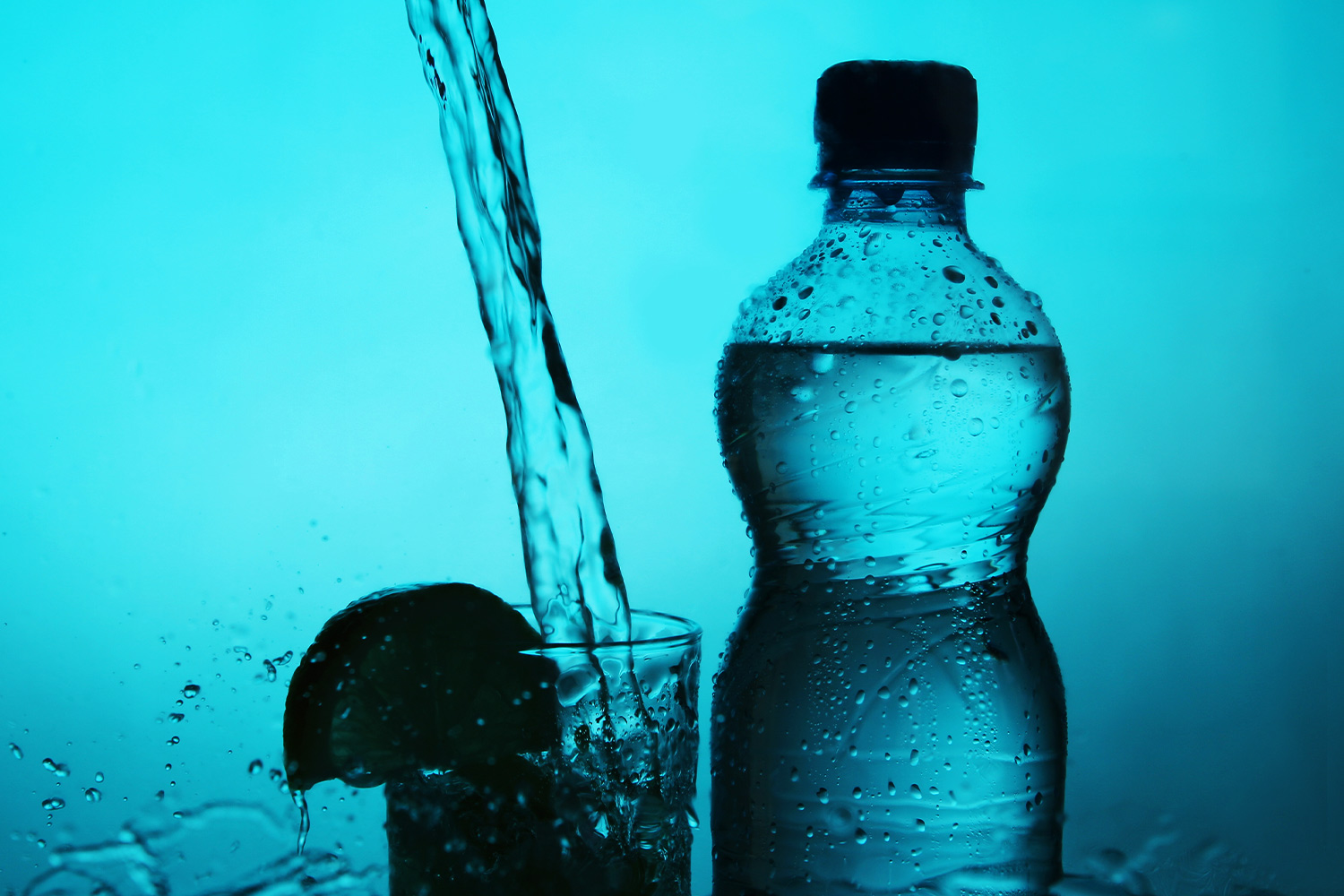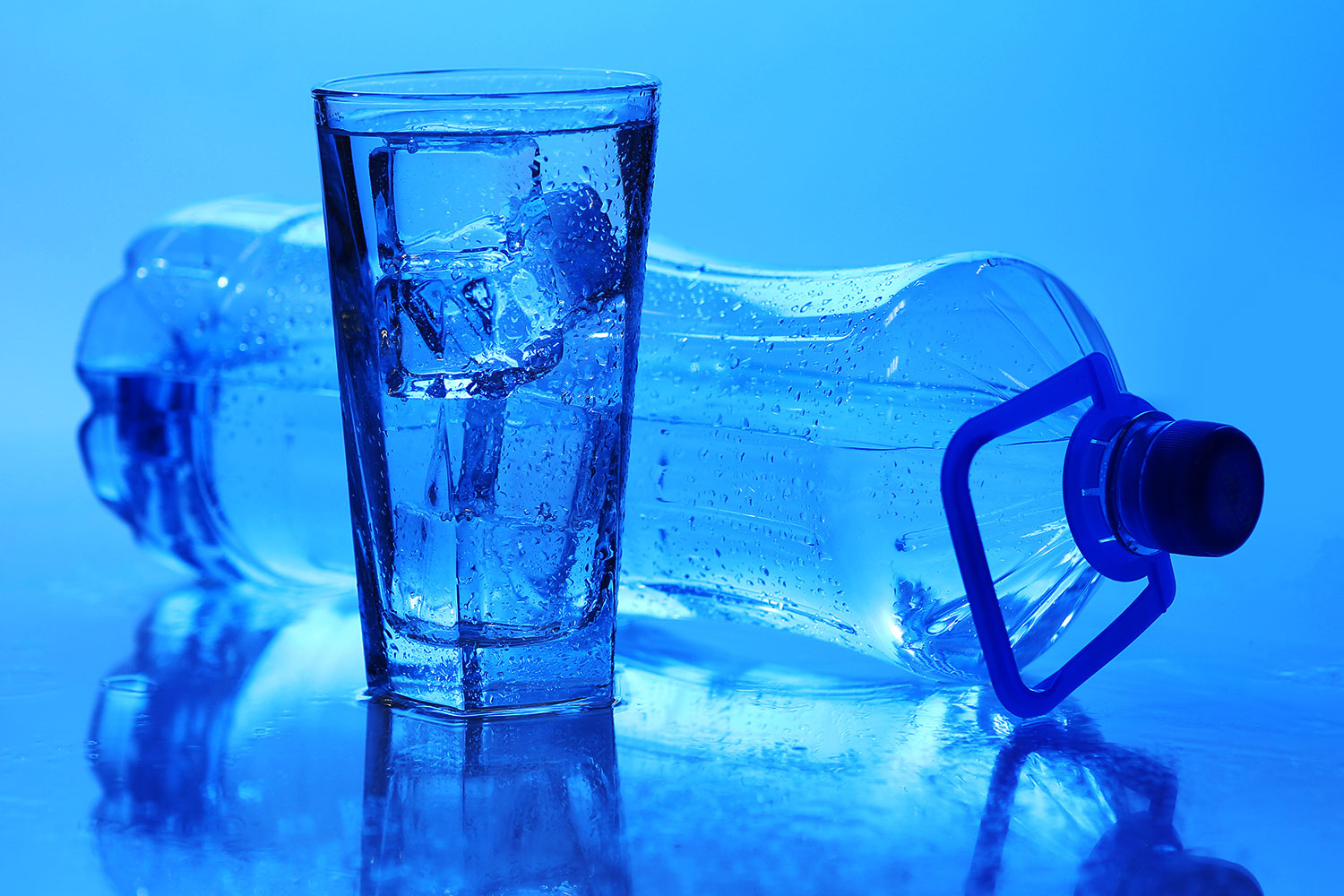Do you ever wonder if the water you drink could be more than just a thirst-quencher? Imagine water that not only hydrates but also boasts potential health benefits. This intriguing liquid is none other than alkaline water, and in this blog, we’re about to take a deep dive into its science and secrets.
Alkaline water has a pH level higher than the neutral pH of 7. This means it’s less acidic than regular tap water. Some natural sources of alkaline water include specific springs and wells. These sources are naturally rich in minerals like calcium, potassium, and magnesium, which contribute to their alkalinity.
In addition to natural sources, alkaline water can be artificially created through ionization and filtration. These methods involve altering the pH of regular water to make it more alkaline.
Let’s dive further into the science of alkaline water to understand how it achieves its elevated pH and what potential health benefits it might offer.
Understanding pH Levels
pH, or “potential of hydrogen,” is a measurement used to describe the acidity or alkalinity of a substance, such as water. It quantifies the concentration of hydrogen ions (H+) in a solution. The pH scale ranges from 0 to 14, with lower values indicating acidity, higher values indicating alkalinity, and 7 being neutral.

pH levels are crucial in various scientific and everyday contexts, including water quality assessment, chemical reactions, and even the functioning of our bodies. [1]
1. pH Scale Explanation (0-14)
The pH scale is logarithmic, meaning each pH value is ten times more acidic or alkaline than the adjacent value. Here’s a breakdown of the pH scale:
- pH 0-6: Acidic – These substances have a higher concentration of hydrogen ions (H+) and include common examples like lemon juice and vinegar.
- pH 7: Neutral – Pure water has a pH of 7. It contains an equal concentration of hydrogen ions (H+) and hydroxide ions (OH-). [2]
- pH 8-14: Alkaline – These substances have a lower concentration of hydrogen ions (H+), including baking soda and seawater.
2. Neutral pH (7) vs. Acidic (0-6) and Alkaline (8-14) pH
A pH of 7 is considered neutral because it indicates a perfect balance between acidity and alkalinity. Water with a pH of 7 is neither acidic nor alkaline, making it the reference point for all pH measurements.
Acidic substances (pH 0-6) have a surplus of hydrogen ions, which can be corrosive and cause a sour taste or irritation. On the other hand, alkaline substances (pH 8-14) have more hydroxide ions and tend to be slippery or soapy to the touch. They can also taste bitter.
Importance of Maintaining pH Balance in the Body
Maintaining the body’s pH balance is crucial for its proper functioning. Our bodies are naturally slightly alkaline, with a pH range of about 7.35 to 7.45 in the bloodstream. [3] Many physiological processes, such as enzyme activity and cellular function, are susceptible to pH levels.

When the body’s pH deviates from this narrow range, it can lead to health issues. Acidosis (excessive acidity) and alkalosis (excessive alkalinity) can disrupt normal bodily functions and lead to symptoms ranging from fatigue and muscle weakness to more severe complications.
This is why the body has intricate buffering systems to regulate and maintain its pH balance within this critical range.
Science Behind Alkaline Water
Understanding the scientific aspect is crucial in comprehending the potential impact of alkaline water on our health and well-being. So, let’s get started.

1. Ionization Process
Alkaline water is often created through an ionization process, which involves modifying the pH level of water. There are two primary methods for achieving this:
-
Electrolysis
Electrolysis is a standard method used to produce alkaline water. It typically involves passing an electric current through water, which separates it into acidic and alkaline components. The alkaline water is then collected for consumption. Electrolysis allows for the selective separation of ions, diverting the acidic components from the alkaline water.
-
Chemical Additives
In some cases, alkaline water is created by adding alkaline minerals or chemical compounds to raise the pH level. These additives include baking soda (sodium bicarbonate) or alkaline drops. While this method can achieve alkalinity, it’s essential to be cautious about the quality and safety of additives.
Potential Health Benefits of Alkaline Water
Alkaline water has garnered significant attention due to its perceived health benefits.

1. Hydration Enhancement
One of the benefits of alkaline water is that it can improve hydration. Water with a higher pH level (more Alkaline) is better at penetrating cells, allowing for more efficient hydration.
2. Antioxidant Properties
Alkaline water often boasts a negative Oxidation-Reduction Potential (ORP), indicating its potential as an antioxidant. Antioxidants help neutralize harmful free radicals in the body, which are linked to various health issues, including aging and chronic diseases.
3. Acid Reflux and Digestive Health
Some individuals with acid reflux or gastrointestinal issues find relief from consuming alkaline water. The higher pH may neutralize stomach acid temporarily. Still, it’s crucial to consult a healthcare professional for personalized advice on managing digestive concerns.
4. Bone Health
Alkaline water’s mineral content, calcium and magnesium, can improve bone health. These minerals are essential for bone strength.
5. Athletic Performance and Recovery
Athletes often turn to alkaline water, believing it can help with hydration and muscle recovery due to its mineral content. Some anecdotal reports suggest improved exercise performance and reduced muscle soreness.
6. pH Balance in the Body
Maintaining an optimal pH balance in the body is critical for overall health. Alkaline water helps the body counteract the acidic effects of modern diets high in processed foods and beverages.
Acqualine Water: Your Alkaline Water Provider
Acqualine Water is committed to delivering the highest quality alkaline water to meet your hydration needs. Our water goes through a detailed purification process to ensure purity and safety so you can confidently enjoy every sip.
We employ cutting-edge ionization processes to balance pH levels and mineral content perfectly. These methods allow us to create alkaline water that meets rigorous quality standards and exceeds your expectations.
Conclusion
The human body is remarkably adept at maintaining its pH balance and hydration. While alkaline water may offer some advantages, it’s not a magical elixir that can replace a balanced diet and healthy lifestyle choices. You’ll have to maintain your diet correctly.
If you want to maintain overall health, Acqualine Water is here to support your wellness journey. With Acqualine Water, you’re not just getting alkaline water; you’re getting a partner in your pursuit of well-being. We’re passionate about helping you stay hydrated and healthy; contact us for details.
FAQs
1. Why does alkaline water have a higher pH?
Alkaline water has a higher pH because it contains a more significant hydroxide ions (OH-) concentration than hydrogen ions (H+). A higher pH indicates more hydroxide ions, making the solution alkaline. The alkalinity can be natural, as in specific mineral-rich springs, or it can be achieved artificially through processes like electrolysis or the addition of alkaline minerals.
2. Can we drink 11.5 pH water?
Drinking water with a pH of 11.5 or higher is not recommended for regular consumption. Excessively high pH levels may disrupt the natural pH balance in the stomach and the digestive system.
3. Who Cannot drink alkaline water?
While alkaline water is generally safe for most people, certain groups should exercise caution or avoid it.
- People with Kidney Issues
- Those on Medications
- People with Gastrointestinal Issues
- Infants
References
[2]https://www.news-medical.net/health/Health-Benefits-of-Alkaline-Water.aspx
[3]https://www.ncbi.nlm.nih.gov/pmc/articles/PMC9621423/
[4]https://www.science.gov/topicpages/a/alkaline+water+ph.html


